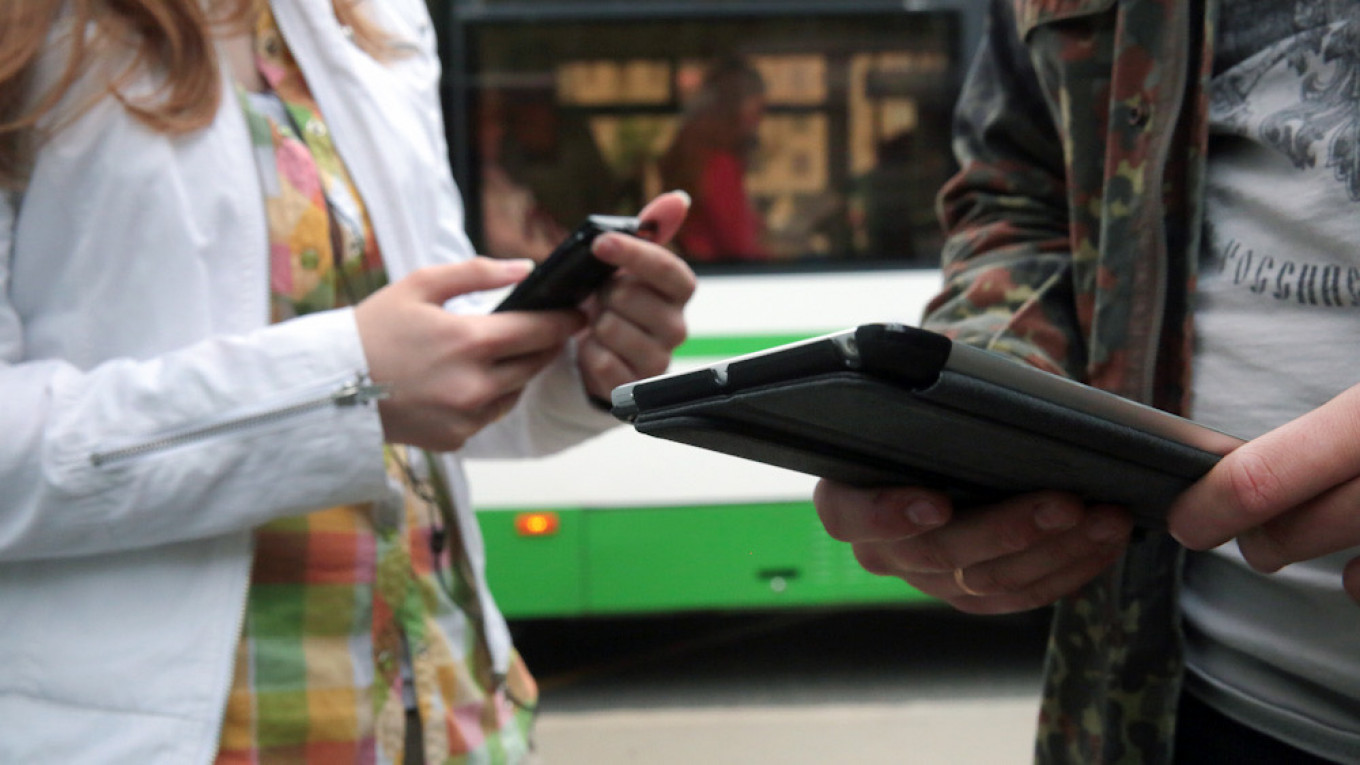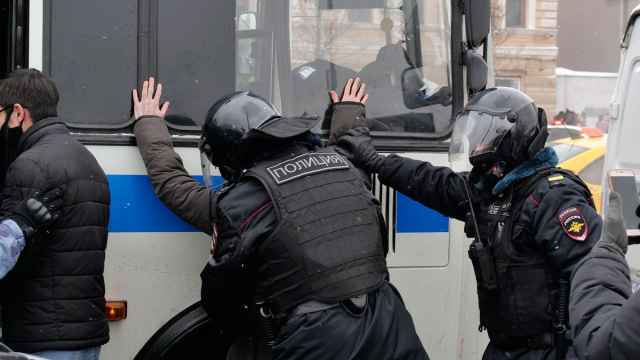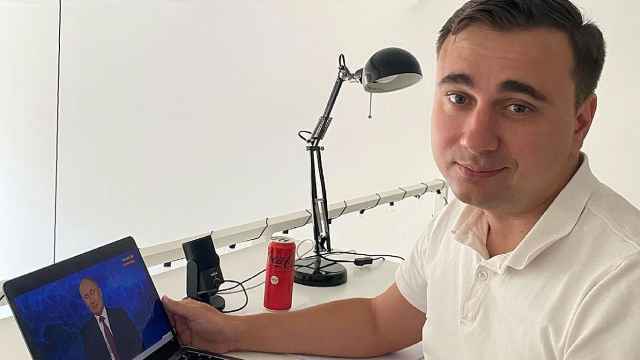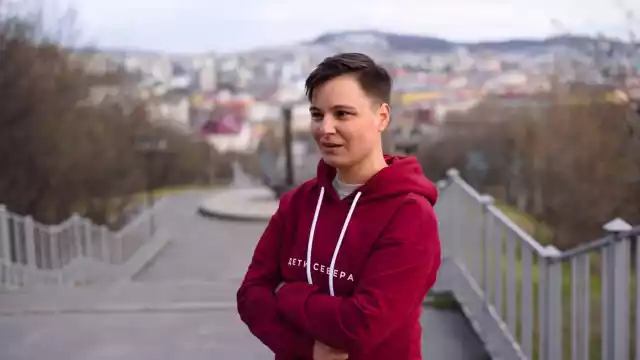The rapid spread of mobile internet around the world over the last decade has directly contributed to falling levels of trust in government and a surge in populism, according to a recent paper by a group of Russian economists.
The research shows that as 3G internet spreads, millions of people gain access to new sources of information, leading to growing skepticism toward authorities and the establishment — phenomena which have characterized the global political economy since the 2008 financial crisis.
The effect is particularly pronounced in countries with unbalanced censorship models — like Russia — where traditional media is heavily controlled while online space and the flow of information is comparatively freer.
“With the arrival of 3G [in a country or region], government approval falls,” said Yekaterina Zhuravskaya, a professor at the Paris School of Economics and one of the authors of the paper in a lecture at Russia’s independent New Economic School last month.
“The effect is stronger if alternative channels of information are missing or censored — in particular when traditional media is controlled,” she added. “For countries which censor the internet, there is no relationship: 3G expands, but government approval doesn't fall.”
Russian anti-corruption campaigner Alexei Navalny is a prime example of the trend, Sergei Guriev, co-author of the paper, told The Moscow Times. His online campaigning machine has propelled him to be the country’s leading opposition voice.
Guriev cited Navalny’s widely-watched investigation into the alleged corruption of ex-President Dmitry Medvedev as one the world’s clearest cases of the research in action.
“This is the biggest anti-corruption investigation in Russia. It cost Medvedev his career. Can he be prime minister or president today? No — and it’s because of this investigation,” Guriev said.
Navalny’s film — which alleges that Medvedev used a network of charities to build up his wealth and property, including a $350 million country estate — has racked up more than 36 million views since it was released in 2017.
Independent polling showed an immediate fall in Medvedev’s approval ratings after it was released. One state-controlled firm stopped publishing figures on then-prime minister’s popularity. President Vladimir Putin sacked Medvedev as prime minister in January 2020, in a move believed to be linked to his failure to deliver results on Russia’s ambitious “National Projects” socio-economic program.
“It was a very effective film — it showed that the internet can disseminate information about corruption. It is completely in line with our findings that 3G helps inform the public about corruption — and that the impact is especially strong when traditional media is censored.”
Russia has had mixed success in cracking down on freedom of speech online. While some websites are blocked and rights groups have raised fears over various drives toward online sovereignty, using the internet to target opponents and snooping on user data, a plethora of online independent media outlets still reach large audiences and campaigners such as Navalny have had success in reaching out to younger Russians through YouTube and Facebook.
Guriev called the Google-owned video sharing platform Russia’s “most important political battleground.”
“Every year the authorities try to censor YouTube more and more. The reason is growing discontent combined with the ability to communicate online. This makes the Russian government nervous.”
Any attempt to completely block YouTube — without having a decent alternative in place — would be a high-risk move. Russia’s years-long fight against messenger app Telegram and failed government efforts to foster state-controlled messengers, search engines and browsers, shows the technical difficulties Moscow faces in reining in the internet space.
Russian Populism
While Russia is one of the leading examples of how the spread of mobile internet has led to rising dissatisfaction in government, its autocratic political model means this has not translated into significant electoral gains, Guriev said. It also means Russia has not seen a surge in European, U.S. or Brazilian-style populism.
“In Europe, we show how 10 years of growth in 3G internet has helped populist politicians. In many countries, we would say that the growth of 3G brought populists into power. But Russia is not a country where you should be worried about populism, because it’s not a democratic country.”
Both Putin and Navalny have been seen by some as Russian populists. Guriev disputed this view — his “lowest common denominator” definition of populism is that somebody must be both anti-establishment and anti-pluralist, meaning Putin would fall short on the first charge and Navalny on the second.
However, he added that both the Kremlin and Navalny are skilled internet campaigners — a trait they share with other populists like Donald Trump, Brazilian President Jair Bolsonaro and Marine Le Pen in France. This sets Putin apart from some other autocrats, including Alexander Lukashenko in Belarus.
But Guriev said that were it not for the Kremlin’s near-complete domination of Russia’s electoral architecture, Russia would be highly susceptible to a populist-style political campaign and messaging.
“Russia is unique in a few areas. It stands out as a country which is very autocratic and yet very well-educated.” Multiple papers have shown that the correlation and causal relationship between education levels and democracy is very high.
“So, why isn’t Russia democratizing? It has high levels of education — but not in social science or humanities, where it’s still pretty bad. Russian history textbooks are Soviet history textbooks. In that sense, the Russian population doesn't understand critical thinking.”
This fact, he added, “makes the population susceptible to propaganda” in the form of state-directed messaging and narratives played out on the highly-controlled traditional media.
Should Russia open up, that could change.
“Once we have democracy, I’m sure Russia will have something like Donald Trump or Bolsonaro. But not yet,” Guriev said.
The Moscow Times is a media partner of the New Economic School’s lecture series in memory of Alberto Alesina, where Yekaterina Zhuravskaya delivered a guest lecture on the impact of mobile internet on trust in governments.
A Message from The Moscow Times:
Dear readers,
We are facing unprecedented challenges. Russia's Prosecutor General's Office has designated The Moscow Times as an "undesirable" organization, criminalizing our work and putting our staff at risk of prosecution. This follows our earlier unjust labeling as a "foreign agent."
These actions are direct attempts to silence independent journalism in Russia. The authorities claim our work "discredits the decisions of the Russian leadership." We see things differently: we strive to provide accurate, unbiased reporting on Russia.
We, the journalists of The Moscow Times, refuse to be silenced. But to continue our work, we need your help.
Your support, no matter how small, makes a world of difference. If you can, please support us monthly starting from just $2. It's quick to set up, and every contribution makes a significant impact.
By supporting The Moscow Times, you're defending open, independent journalism in the face of repression. Thank you for standing with us.
Remind me later.







